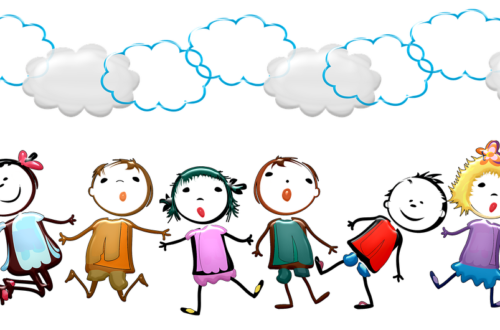Professional Coaching – an Introduction
Ever since I started talking to people around me about my new career as a “professional coach,” I have got many questions. “Is this a sports coach”, “Is this like mentoring”, “Is this counseling”, “Why would someone go to a coach” are some of those. I thought it would be a good idea to compile some introductory information on coaching to help me answer those.
Coaching has been widely used in the business world for leadership development. In recent decades, with the fast-changing world, people in every walk of life are facing life challenge and demands that has created the need for life coaches even outside the business regime. Coaching, as a profession, has significantly emerged in the last two decades. Coaches help their clients to achieve their personal and professional goals and live a more fulfilling and happier life. A survey on coaching revealed that many people found their coaches as a “sounding board” and a “motivator”. Clients are looking for someone “to listen to them and give honest feedback.”
Coaching is partnering with clients in a thought-provoking and creative process that inspires them to maximize their potential. A coach provides an environment of safety, respect, and absolute belief in the client’s inherent wisdom, resourcefulness, and wholeness. Coaching partnership uncovers limiting beliefs; shine the light on the unlimited field of possibilities that generates conscious and lasting change.
The purpose of coaching is to deepen the learning of self-awareness so that the client’s goal, action steps, and plans can emerge organically.
Coaching is especially useful for people who are internally motivated, personally accountable, and willing to be coached. Through coaching, successful people can accelerate their results. It is NOT recommended as a process for remedial action where the assumption is that the client needs “fixing”.
Who Uses a Coach
If someone is feeling overwhelmed, going through a tough transition, feeling they aren’t living up to their full potential, coaching may be the right thing to go for.
When people reach specific stable points in their lives and start thinking about what’s next, they can use coaching to go to the next level. It is the “need pyramid” where a person has fulfilled their basic needs, and now they want to have more satisfaction from their life/work.
Each of us has something uniquely beautiful to offer to the world. Sometimes this doesn’t come through clearly because we’re too busy struggling with the details of daily life. Gaining a sense of peace and clarity can help free up time and energy and help alleviate stress so that we can live each day to the fullest and at our personal best.
Therapy and Coaching
In therapy, the initial focus is often on underlying issues from the past; it diagnoses symptoms and disease and facilitates healing. On the other hand, coaching focuses on the client’s growth and forward movement in the present and future. It facilitates learning and helps people achieve their goals. In simpler words, people go for therapy when they are sick, while people go for coaching when they are ok as is, and they want more from life.
Consulting, Mentoring, and Coaching
Coaching is sometimes mistaken as consulting or mentoring. A consultant is an expert who provides the answers and direction, and a mentor is an expert who provides wisdom and guidance. In a coaching relationship, the client is held as an expert who has the answers or the ability to find the answers. Mentoring can sometimes use coaching techniques, as well. The coach asks powerful questions, challenges the client’s limiting beliefs and assumptions, thus helps the client to create deep awareness and helps to move forward.
Reference


